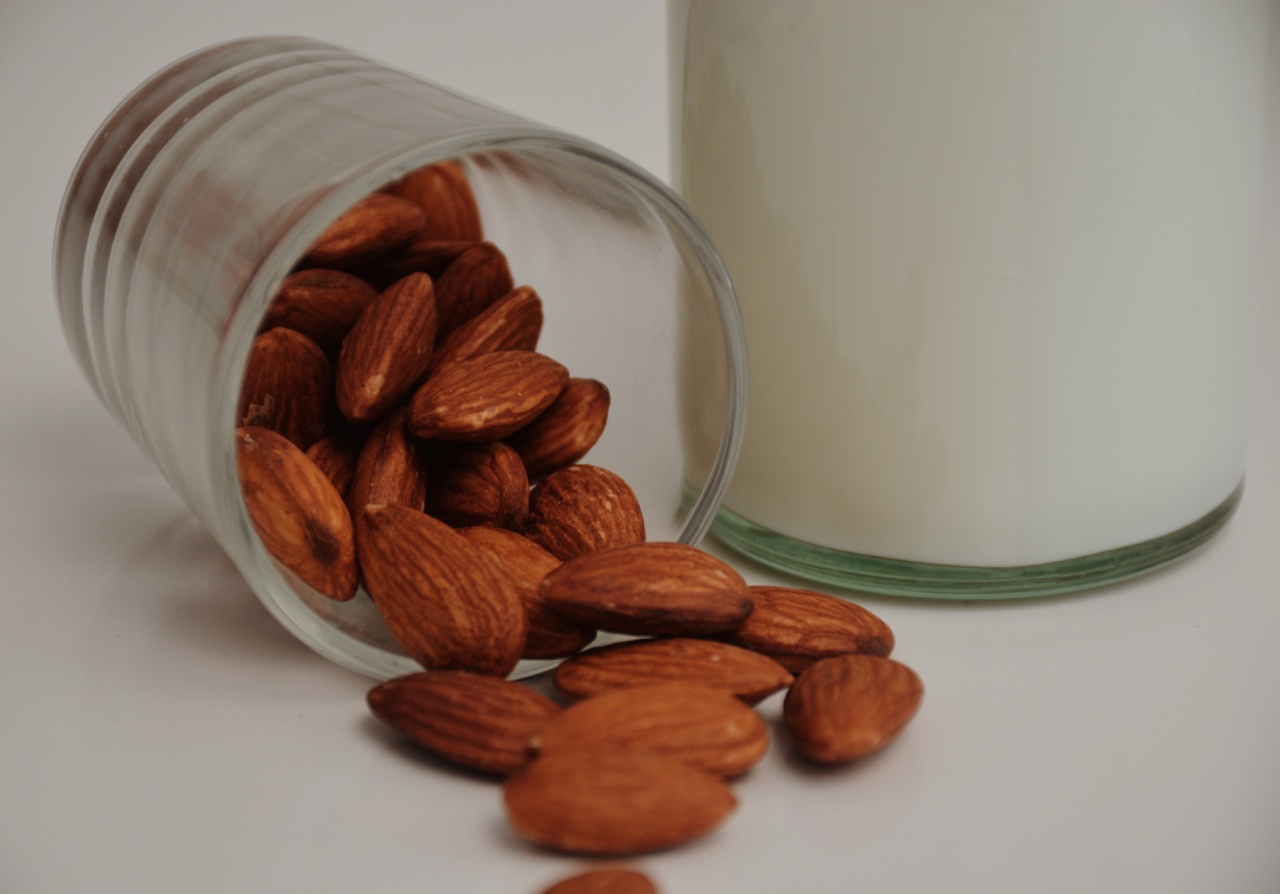Oat milk has been rising in popularity in recent years, becoming a leading plant-based milk alternative.
One of the factors contributing to this popularity is its similarity in texture and taste to dairy milk, making it a popular option for those transitioning into a vegan or lactose-free lifestyle. While almond milk has been a leading plant-based milk for years, oat milk is quickly becoming an increasingly popular alternative. In this article, we will explore the rise of oat milk and its competition with almond milk.
The Popularity Of Plant-Based Milk
The popularity of plant-based milk has seen a significant increase in recent years, with more and more people opting for non-dairy alternatives.
A major reason for this is health-conscious consumers seeking to reduce their dairy intake due to concerns surrounding lactose intolerance and allergies, as well as health risks associated with dairy intake such as increased cholesterol levels and disease risks.
In addition to this, there has been a growing global concern relating to animal welfare, prompting many people to opt for a plant-based diet.
This shift towards plant-based products has given rise to a handful of different plant-based milk options, such as soy milk, almond milk, coconut milk, and oat milk.
Almond Milk Vs. Oat Milk
Almond milk has been a popular plant-based milk option for years, but oat milk has recently emerged as a compelling alternative.
While both of these plant-based milks are similar in their aim to provide plant-based options, they differ significantly in several aspects.
Here are some of the comparisons between almond milk and oat milk:.
Nutrition
Oat milk has been praised for its nutritional value, containing essential nutrients such as fiber. However, almond milk is richer in Vitamin E and Vitamin D compared to oat milk.
This means that in terms of nutritional value, both almond milk and oat milk offer their unique benefits. It is important to note, however, that many store-bought options for both almond and oat milk may contain added sugars and fortifications, which can affect the overall nutritional value of the milk.
Taste
While both almond milk and oat milk are popular plant-based milk alternatives, they differ significantly in taste.
Oat milk is notorious for having a sweeter and creamier taste at times, making it the best option for coffee, tea, and any recipe requiring milk. Almond milk, on the other hand, has a nutty yet mild taste to it which might be preferred by some people over oat milk.
Texture
Texture plays an important role in the appeal of any type of milk, whether diary-milk or plant-based. Oat milk has a thicker and creamier texture, resembling the texture and consistency of regular dairy milk.
This texture makes oat milk an ideal replacement for dairy products. Almond milk is usually thinner in texture, making it an excellent addition to shakes, smoothies, and baked goods.
Price
The pricing is another key factor that differentiates almond milk from oat milk. Generally, oat milk is priced higher than almond milk due to the cost of production.
However, the pricing may vary considerably depending on the brand, packaging, and where you buy it.
Availability
Almond milk is far more available in stores than oat milk. Most grocery stores carry a range of almond milk options with different brands and flavors.
However, with the recent popularity of oat milk, it has become much more accessible with a range of stores stocking various oat milk brands, leading people to try it and explore its array of uses.
The Benefits Of Oat Milk
Aside from being an excellent substitute for dairy milk, oat milk also comes along with an impressive list of benefits that makes it a preferred milk alternative. Below, we explore some of the benefits of oat milk:.
Great Source of Nutrients
Oat milk contains essential nutrients like vitamins, minerals, and fiber. It is often fortified with vitamins like A, D, and B12, which makes it a great addition to a vegan or lactose-free diet.
However, it is important to check the labels of brands that you’re buying to ensure that there are no added preservatives, sugars, or other unwanted additives.
Rich in Antioxidants
Oat milk contains antioxidants that may reduce oxidative stress and prevent damage to cells. Consuming foods with antioxidants helps to reduce inflammation throughout the body, protecting against chronic illness.
Low in Calories
Most oat milk options in retail markets have lower calories than other plant based milks. If you’re somebody who wants to maintain or lose weight, switching to oat milk is a viable option.
Friendly for the Environment
Plant-based foods play a significant role in reducing the carbon footprint of humans on the environment.
During the production of oat milk, the amount of energy that is used is relatively low compared to dairy milk, making it a better option for those dealing with environmental concerns.
The Bottom Line
In conclusion, while oat milk is still relative newcomer in the plant-based milk market, its increasing popularity has put it in stiff competition with old-time favorites like almond milk.
Both oat milk and almond milk come with unique taste, texture, and nutritional options, ultimately making it a matter of personal preference for consumers.
Whether you’re an avid admirer of almond milk or are looking to switch to oat milk, it is always essential to make sure that the option you choose is healthy and supports your lifestyle needs.





























